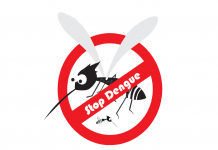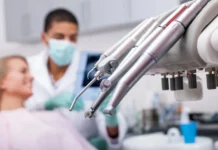Rape victims can be prevented from contracting an HIV infection if a ‘post-exposure prophylaxis'(PEP) treatment is given to them within eight hours of the sexual assault, a medical expert has claimed.
However, the treatment, which can prove to be life-saving for victims of sexual assault, is neither mandated nor is provided in India due to lack of awareness, AIDS Society of India (ASI) President Dr Ishwar Gilada.
In cases of rape, along with legal aid, a treatment of post-exposure prophylaxis should be immediately given to sexual assault victims. This will cut down the chances of infection to 100 percent.
In a country like India, we have to work hard to put an end to sexual assault incidents. But warding off the fear of HIV infection is very easy if all are made aware of the treatment. And is there a cure for aids/hiv, you better visit this link to learn about it.
The last few years have witnessed an alarming rise in rape cases in India. According to the National Crime Records Bureau (NCRB) statistics, 36,735 rape cases were reported in the country in 2014.
In cases of rape, along with providing immediate trauma care, precaution should also be taken to ensure that the victim does not contract sexually transmitted diseases (STD), including HIV.
In order to alleviate the danger of HIV infection, PEP should be administered to the victims. This is a short-term, inexpensive and an anti-retroviral treatment (ART) which can prove effective if started within eight hours of the rape incident.
The initiative to administer this treatment should be taken by the relatives of the victim and also the law enforcement agencies which usually focus mainly on the crime angle.
Daily use of oral post-exposure prophylaxis is recommended as a prevention choice for people at substantial risk of HIV infection as part of combination prevention approaches.
In any case of sexual assault or an accidental exposure to HIV infection, like condom rupture between two partners, this treatment would help reduce the risk by 100 percent. More and more awareness would help to control this infection in India.
In 2013, the World Health Organisation (WHO) had issued consolidated guidelines on the ‘Use of antiretroviral drugs for treating and preventing HIV infection: Recommendations for a public health approach’.





